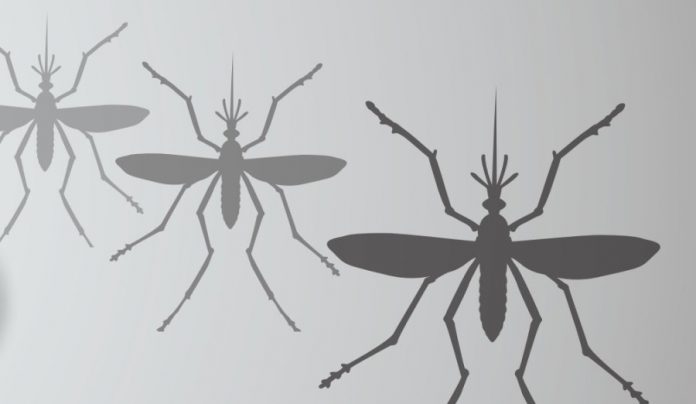 Denton County Public Health (DCPH) reported its first human case of West Nile Virus (WNV) for 2016 in Denton County. The resident lives in unincorporated Denton County near Little Elm, and was diagnosed with West Nile Neuroinvasive Disease.
Denton County Public Health (DCPH) reported its first human case of West Nile Virus (WNV) for 2016 in Denton County. The resident lives in unincorporated Denton County near Little Elm, and was diagnosed with West Nile Neuroinvasive Disease.
Chief Epidemiologist Juan Rodriguez stresses that residents can play a large role in reducing their risk.
“It is important for residents to drain standing water around their homes, take precautions to prevent mosquito bites while outdoors, dress appropriately and use DEET or other EPA-approved repellents,” Rodriguez said.
Residents should take the following steps to reduce their risk of getting WNV:
- Drain standing water around their homes to reduce mosquito breeding grounds. Consider use of BTI briquettes (or mosquito dunks) in water that cannot be drained, such as small ponds and drinking troughs.
- Be aware of mosquitoes during times that they are active, Dawn, Daytime, Dusk and evening hours.
- Apply an insect repellent that contains DEET (N,N-diethyl-m-toluamide) to exposed skin and to clothing when outdoors. The Centers for Disease Control and Prevention (CDC) also recommends Picaridin (KBR 3023).
- Dress in pants and long sleeves when outside and/or wear permethrin-treated clothing.
Visit the DCPH West Nile Virus website for information, including tips for reducing mosquitoes around the home, frequently asked questions, and printable flyers and posters.

















